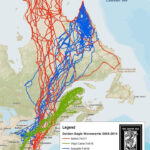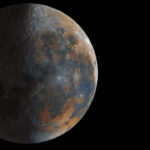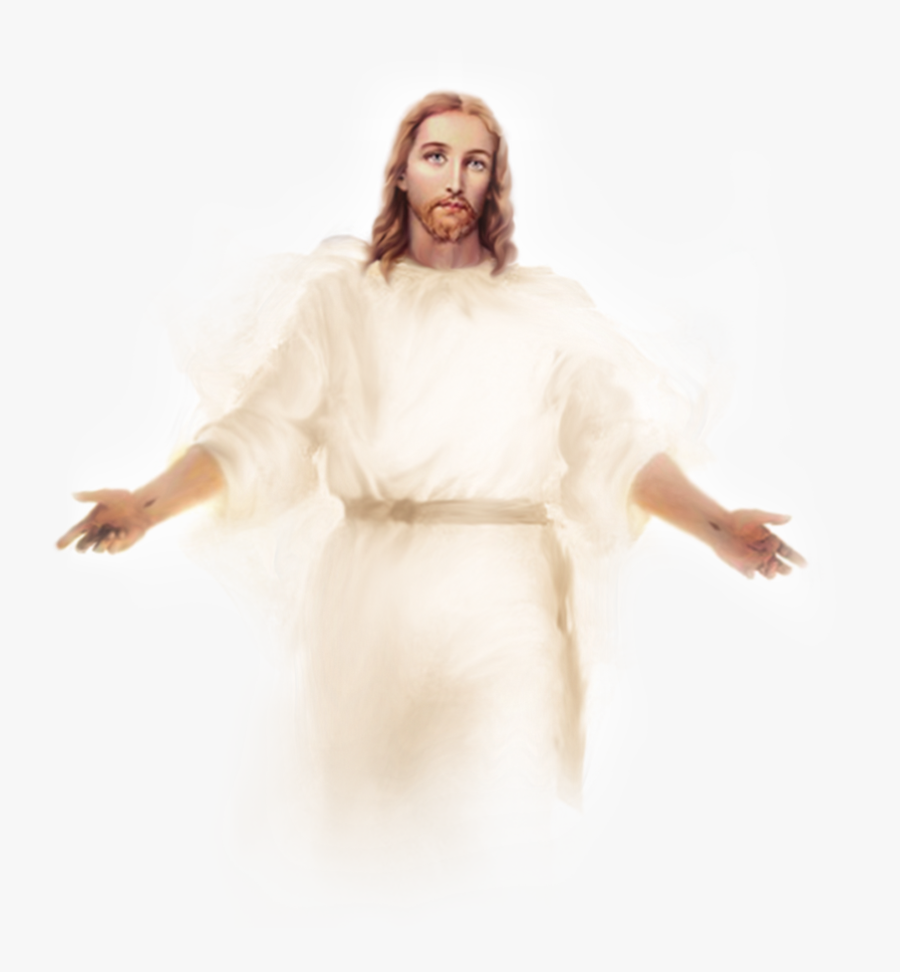-
The phrase “Aurora Borealis” refers to the natural phenomenon of the Northern Lights, a beautiful and intriguing display of colorful lights in the night sky. The origin of the phrase provides insight into the history of the scientific understanding of this remarkable occurrence.
The term “Aurora Borealis” was first used by Galileo Galilei in 1619 to describe the Northern Lights. “Aurora” is a Latin word meaning “dawn” or “morning light”, while “Borealis” is derived from the Greek word “boreas,” meaning “northern wind”. These two words were combined to describe the Northern Lights as a “northern dawn” or “northern morning light.”
The Northern Lights have been known and observed by various cultures for thousands of years. The indigenous peoples of the Arctic regions had legends and myths about the lights, including beliefs that they were the spirits of their ancestors or reflections of the stars and moon. In ancient China and Japan, they were thought to be a sign of good fortune or a warning of an impending natural disaster.
However, it was not until the 17th century that scientists began to understand the true nature of the Northern Lights. In 1621, a Danish astronomer named Tycho Brahe observed the Northern Lights and concluded that they were not a phenomenon within the Earth’s atmosphere, but rather a display in the upper atmosphere caused by the interaction of the Earth’s magnetic field with charged particles from the sun.
This discovery was a major step forward in our understanding of the Northern Lights and helped to establish the field of auroral science. Over the centuries, scientists have continued to study the Northern Lights and make new discoveries about this fascinating natural phenomenon. Today, we know that the Northern Lights are caused by charged particles from the sun colliding with the Earth’s magnetic field and creating an auroral display in the night sky.
In conclusion, the phrase “Aurora Borealis” reflects the scientific understanding of the Northern Lights as a northern dawn or morning light, and provides a glimpse into the history of our understanding of this beautiful and mysterious phenomenon. The Northern Lights continue to captivate and inspire people around the world, and the study of auroral science remains an important and active field of research.
Credentials
HW
Skills
Digital Consultant
10%
Pals
LadyJP
@ladyjp
Donnie T
@donnie-t
Weirdly Interesting
@weirdly-interesting
Walter Cranckcase
@walter-cranckcase
Jackie Rogers Jr
@jackie-rogers-jr













